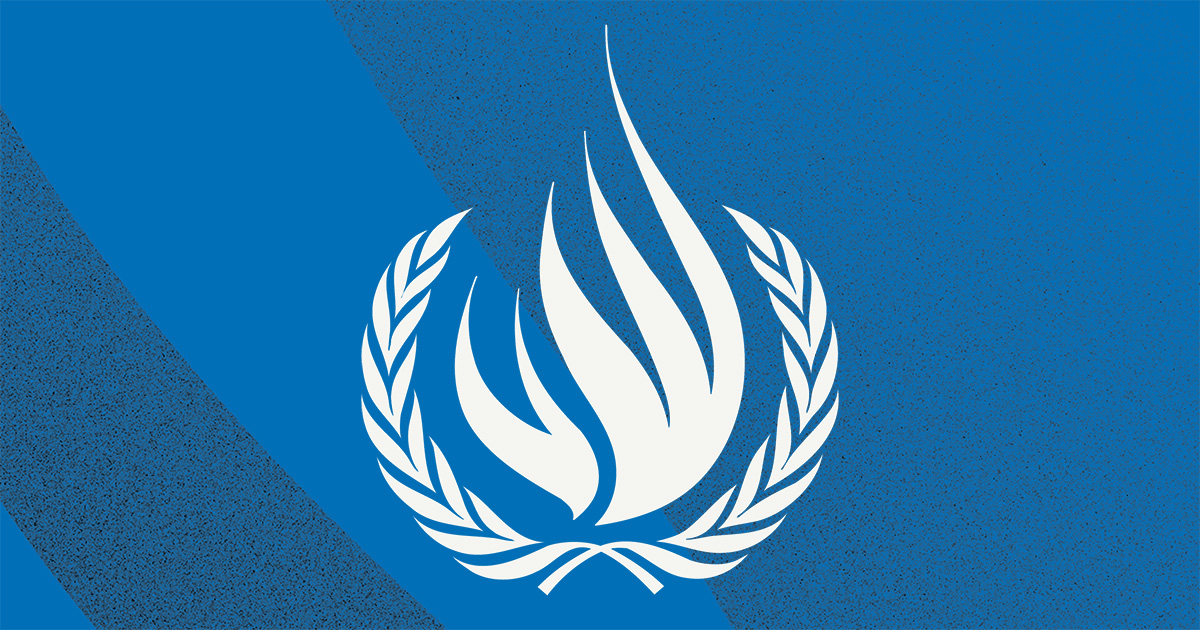
These are tense days in Jerusalem. In Israel, three terrorist attacks by militant Palestinians have left 15 dead, including four of the perpetrators, and scores of people injured. Consequently, less than a year after the last flare-up of open hostilities between the Israelis and Palestinians — and on the eve of the rare occasion when all three holy holidays of Ramadan, Passover and Easter fall at the same time — the holiday mood is tainted with fear of another major outbreak of violence. As deplorable as these recent indiscriminate terrorist attacks are, the unfortunate reality is that the current conditions are conducive for radicalization and extremism to spread, even if the number of Palestinians who engage in active militancy is very small.
For Israel, the nightmare scenario is one of militancy carried out by Palestinian citizens, as was the case on two occasions within the last fortnight, while on two occasions the attacks were Daesh-inspired. Israel may feel that it can better cope with threats emanating from the West Bank and Gaza. However, it seldom pays attention to the sociopolitical sentiments among the Palestinians and their feelings of despair, though not hopelessness, as a result of the enduring Israeli occupation and blockade, and of malaise resulting from the increasingly authoritarian Fatah and Hamas leaderships in the West Bank and Gaza, respectively, with little to no prospect of this scenario changing in the foreseeable future.
A new survey by the Palestinian Center for Policy and Survey Research — conducted by prominent Palestinian pollster and political scientist Khalil Shikaki and his team — sheds light on the strong sense among Palestinians of being caught between the rock of Israeli occupation and the hard place of their own dysfunctional leadership. Then there is also the growing indifference among the international community toward their plea for self-determination and full recognition of their human, civil and political rights.
As any opinion poll, this one is affected both by current events and also by long-held beliefs. Hence, it was only to be expected that the war in Ukraine has now entered the Palestinian discourse of resistance to a more powerful force. Yet, closer to home, the sense of injustice and lack of any peaceful solution on the horizon; the humiliating suffering inflicted by settler attacks on Palestinians in areas of the West Bank controlled by Israeli authorities; tensions in the Sheikh Jarrah neighborhood in East Jerusalem; and the characterization of Israel by certain human rights organizations as an apartheid state are just some of the issues that are informing current Palestinian views about the conflict with Israel.
Some of the findings of this thorough survey expose the depth of distrust among Palestinians for any current source of authority, as well as of the prospect of advancing a peaceful solution anytime soon. As is always the case with statistics, one can see in them a glass that is either half full or half empty.
For the Palestinians, the single most important objective is to end Israel’s occupation of the areas it took in 1967.
Yossi Mekelberg
On the one hand, only 40 percent of Palestinians in the West Bank and Gaza support the concept of a two-state solution, in contrast to 58 percent who oppose it. Similarly, among Israelis, support for a two-state solution is only marginally higher, standing at just under half. But in both cases, in light of the relations between the two peoples over the last 20 years and the lack of any genuine peace process, this level of support for a two-state solution is nothing short of a miracle, especially among the Palestinians, who are bearing the main brunt of this conflict. This provides faint hope that, should something like a miracle occur at this point and a new peace initiative is introduced, current levels at least provide a solid base for wider support for a future agreement.
While, among the young, the notion of rights comes before that of a state — which logically suggests a one-state solution based on equal rights for everyone — the survey also suggests there is overwhelming opposition to this idea, which indicates not only a generational divide, but also that a one-state solution is being employed as a scare tactic against the vast majority of Israelis who adhere to the concept of a Jewish and democratic state.
For the Palestinians, as the survey discovered, the single most important objective is to end Israel’s occupation of the areas it took in 1967 as a first stage in building a Palestinian state in the West Bank and Gaza Strip with East Jerusalem as its capital. What would also worry Israelis is that a third of Palestinians consider it a priority to obtain the right to return of refugees to the towns and villages they were expelled from in 1948, something that Israel will not agree to in practice, even if it were to accept the right to return in principle.
As the occupation is not going to end any time soon, most Palestinians are more perturbed by the failings of their own leaderships, the rising cost of living and their inability to criticize without fear what they overwhelmingly believe are the corrupt administrations of the Palestinian Authority and Hamas. Were elections to be held tomorrow, the imprisoned Marwan Barghouti, who is seen as being untainted by corruption and committed to the cause, would win the presidency outright.
However, one of the most important developments might well be what Palestinians are learning from the war in Ukraine. They resent the double standards that the US and Europe are employing with their attitude to the occupation of Palestinian territories and the treatment of Palestinian refugees, compared to their response to Russia’s invasion of Ukraine. The latter has prompted one of the most severe outbreaks of sanctions in history, while millions of Ukrainian refugees are feeling very much welcomed by the countries they have been forced to flee to — a far cry from how the long-suffering Palestinian refugees have been treated.
Worryingly, there are also a growing number of voices that are drawing parallels between the heroic resistance of the Ukrainian people and what the Palestinians could be doing to end the occupation. But with no sign of peace on the horizon or an end to Israel’s control over the lives of Palestinians, and with no sign either of the long-overdue elections that might restore some legitimacy to the Palestinian leaderships in both the West Bank and Gaza, the parallels with Ukraine might become increasingly dominant.
• Yossi Mekelberg is professor of international relations and an associate fellow of the MENA Program at Chatham House. He is a regular contributor to the international written and electronic media.
Twitter: @YMekelberg












